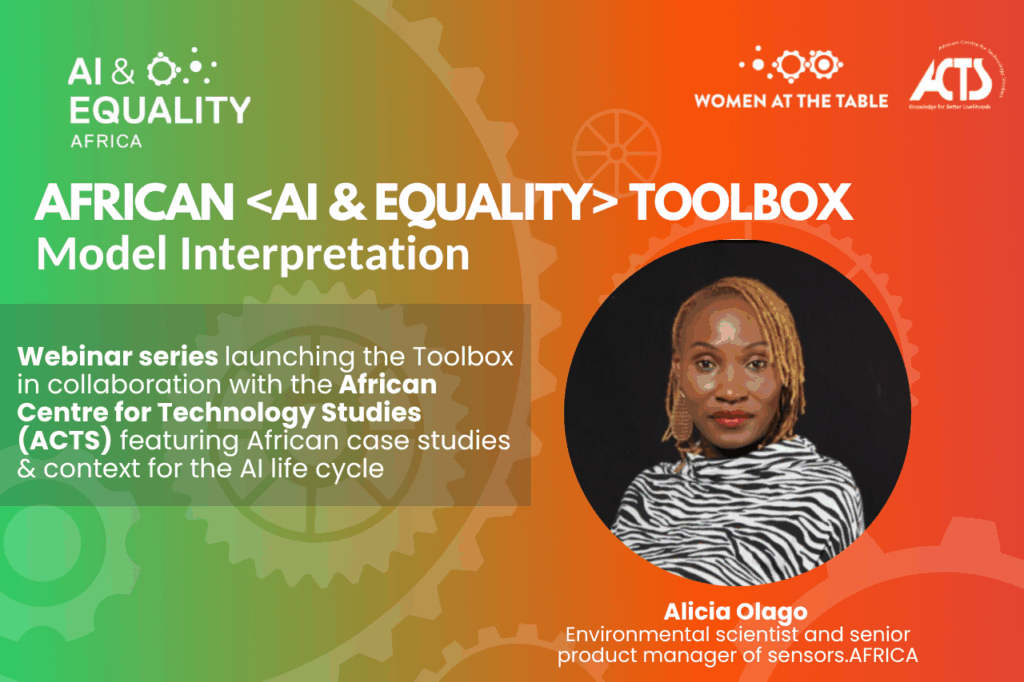The conversation around Artificial Intelligence often focuses on technical power and speed. But what happens when we shift the focus from the what to the who? When AI is developed with the intention of genuinely empowering communities, the true test lies far beyond the lab.
This is the core insight of the African AI & Equality Toolbox, an initiative designed to ensure that Africa’s relationship with AI is defined by ownership, co-creation, and leadership, not just adoption. The Toolbox breaks down the AI life cycle into six crucial stages, with the fifth—Testing and Interpreting Outcomes—serving as the ultimate accountability check.
This stage asks a vital question: Does the system truly serve the communities it was meant to empower?
The work of sensors.Africa, an initiative by Code for Africa, provides a powerful, homegrown answer. Their project deploys low-cost, AI-enhanced climate and air quality sensors, shifting the balance of environmental data power from institutions to the people most affected by pollution.
Stage 5 in Action: The “Sign Off Moment”
Testing and Interpreting Outcomes is more than just bug-fixing; it’s about validating the system in real, lived community contexts. It combines technical evaluation (accuracy, reliability, transparency) with crucial community feedback—the process the Toolbox calls the “sign off moment.” This is where affected communities confirm if the promises made during design were fulfilled in practice.
sensors.Africa embodies this practice through its dedication to citizen science and participatory mapping. Before a single sensor is deployed, the team engages local ambassadors through small meetings. By printing out local maps and asking community members to pinpoint their environmental challenges, sensors.Africa ensures that the data collection is hyper-local and driven by felt needs.
As Alicia Olago, Senior Product Manager at sensors.Africa, explains, this process provides a sense of ownership. It allows communities to not only confirm where pollution is happening but also to connect it to sources—like understanding that indoor cooking is driving high air pollution levels between 5 and 9 p.m.
Data as a Tool for Agency and Justice
The project highlights how stage five transforms AI accountability from an abstract concept into a visible reality. The data collected is not merely for academic journals (though it does support that, too); it is, first and foremost, an instrument of agency.
A compelling example involved a residential area that had been ignored by authorities despite numerous complaints about a nearby factory’s air quality impact. By volunteering to host Sensors Africa’s devices, the community generated powerful, objective data. This evidence was picked up by prominent media, capturing the attention of the governor, and ultimately leading to the factory being shut down. The data served as the definitive evidence that transformed a private complaint into a public matter of environmental justice.
Furthermore, sensors.Africa uses a mixed-methods approach, combining the quantitative sensor data with qualitative insights from focus groups and interviews. This ensures that the technical data is understood within the social context, providing a holistic view that empowers communities to act.
The Future of Community-Centered AI
The sensors.Africa case is a blueprint for the future of AI in Africa. It demonstrates that for AI to be a tool for equality, the development process must be deeply inclusive. This means:
- Integrating Indigenous Knowledge: Embedding citizen reporting and indigenous knowledge into AI models to make them more robust and culturally relevant.
- Prioritizing Accessibility: Developing lightweight models with offline capacity to serve low-connectivity, low-income areas.
- Co-Designing Metrics: Working with communities to co-design the Key Performance Indicators (KPIs) for success.
Testing and Interpreting Outcomes is not an end-of-project task; it is the moment where an AI system proves its commitment to human dignity and agency. Sensors Africa proves that when communities are empowered to validate, interpret, and own their data, AI becomes a transformative force for justice.

